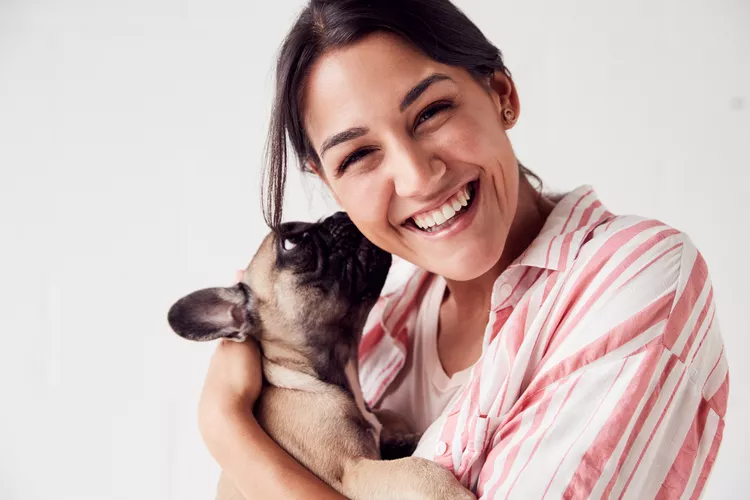
Any dog owner will tell you, dogs can have some quirky behaviors. Things like obsessively devouring socks, trancing under curtains and houseplants, compulsively barking at reflections and light, and yes, even licking your ears. Though ear licking can be a seemingly strange behavior, it's a relatively benign behavior for your dog to develop. So if you're a little weirded out and wondering, "why does my dog lick my ears?", read on for a few possible explanations.
Dogs can become infatuated with ear licking for a variety of reasons. All dogs, whether they are a hairless Chinese crested or a stocky Neapolitan mastiff, are descended from wolves, which are pack animals. Wild animals that live in packs or family units often have complex social structures and just as complex social behaviors to reflect that structure. Oftentimes grooming one another is one of these behaviors that helps give the unit structure.
We've all had that itch we just can't quite scratch. While humans can take care of that hard-to-reach spot with a mass-produced back-scratcher, animals can't. For pack animals or those that live in family units, this is where grooming behavior can come in handy. Almost in a literal "you scratch my back and I scratch yours" exchange, animals in family or pack-structures will groom other animals in areas that otherwise may be difficult to reach. While our ears aren't particularly difficult of an area to reach, your dog may lick your ears as a way to thank you for all the ear scritches you bestow upon them.
In wolves, dogs, and other canid species, grooming can be a sign of submissive respect. A wolf of a lower social rank may groom a wolf of a higher rank as a way to show that animal that they submit to their rank and authority in the pack. Your dog may lick your ears as a way to show that they respect you as a valued and high-ranking member of their family unit. This is especially likely to be the case if you see other classic submissive behaviors, such as crouching down low, exposing their soft belly, and tucking their tail.
Dogs will also groom one another as a way to communicate that they are feeling contented, safe, and that they care for whomever they are grooming. When you dog licks your ears they may just be trying to tell you that they love you and are comfortable when you are around. You can know your dog is licking your ears for this reason if they have a soft face (that is, no tense muscles along the brow line or the muzzle) and relaxed body positioning.
We all know that dogs explore their environment with their noses. It's why they make such great search and rescue animals. What some folks don't realize, though, is that dogs also explore with their mouths. Tasting their world can give them information they may not get from a simple sniff. This is just one reason why puppies like to chew on your furniture, shoes, and even electrical cords. If your dog is infatuated with licking your ears they may just be trying to glean some information about where you've been or what you've been doing.
It's no secret—dogs like to eat some foul things. This can include things like earwax. As gross as it may sound, some dogs just like the taste and the saltiness of earwax. Your dog may like to lick your ears regardless of how clean they may actually be, because, for them, it's delicious.
One final reason your dog may suddenly become obsessed with ears is an underlying medical issue. If another pet in your home gets an ear infection, the smell of their ears can change. Your dog can pick up on this change in smell, which can lead to them investigating the offending odor. It can also stimulate them to lick the ears of the other animal in the same way that your dog will want to lick their own wounds.
For something that's oftentimes relegated to a simple behavioral quirk, there are countless reasons you dog may want to lick your ears. Usually, though, ear licking is simply that: a behavioral quirk.

Exploring the Different Types of Pet-Friendly Beaches
Are you looking for pet-friendly beaches? Learn about the different types of pet-friendly beaches, their locations, and tips for visiting them with your pet.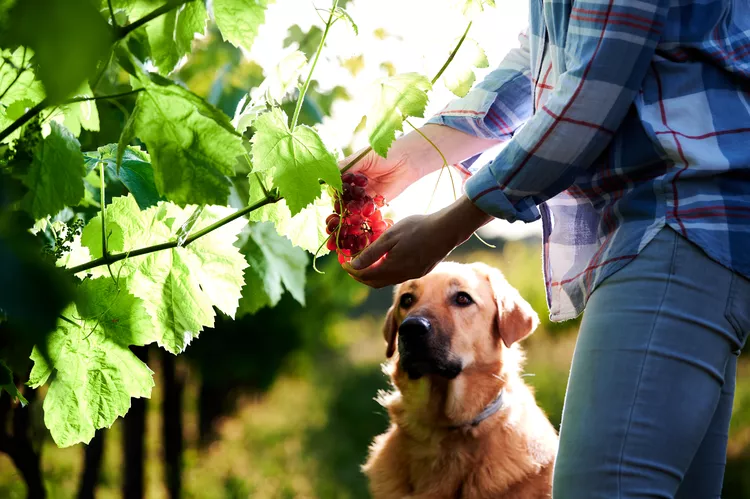
Exploring Pet-Friendly Wineries: Types, Locations, and More
Discover the different types of pet-friendly wineries, where to find them, and what to expect when you visit. Learn more with The Spruce Pets.
Why Is My Dog’s Eye Swollen?
If your dog's eye is swollen, she may need veterinary attention. The inflammation could be caused by allergies, an injury, or even a tumor.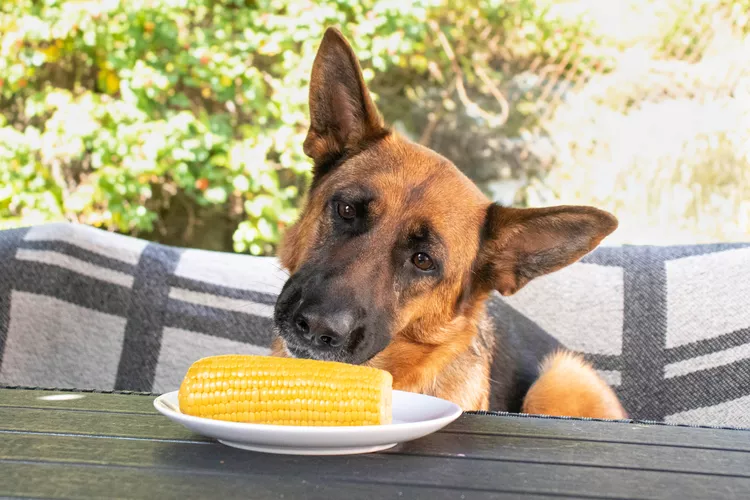
Can Dogs Eat Corn on the Cob?
Dogs love chewing on corn cobs, but this can cause serious harm. Learn about the dangers of corn cobs and find out what to do if your dog eats one.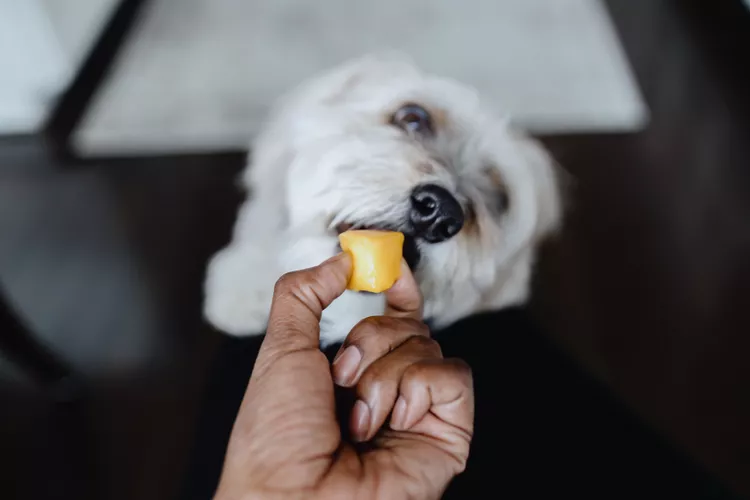
Can Dogs Eat Papaya? What to Know About Sharing This Tropical Fruit With Your Pup
Papaya is safe for dogs in moderation, and it can even provide some nutritional value for them. However, too much can cause digestive upset, and it's not suitable to share with dogs with certain health conditions.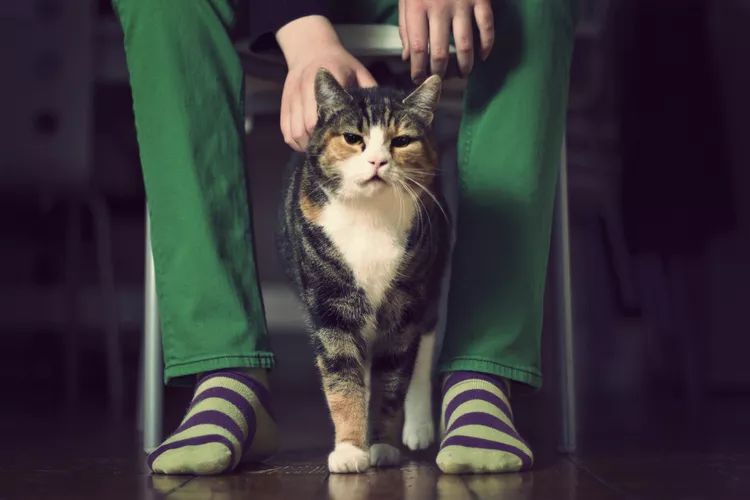
65 Irish Cat Names
Irish cat names can pay homage to historical places, local cuisine, famous Irish actors and musicians, or other wonderful aspects of the Emerald Isle.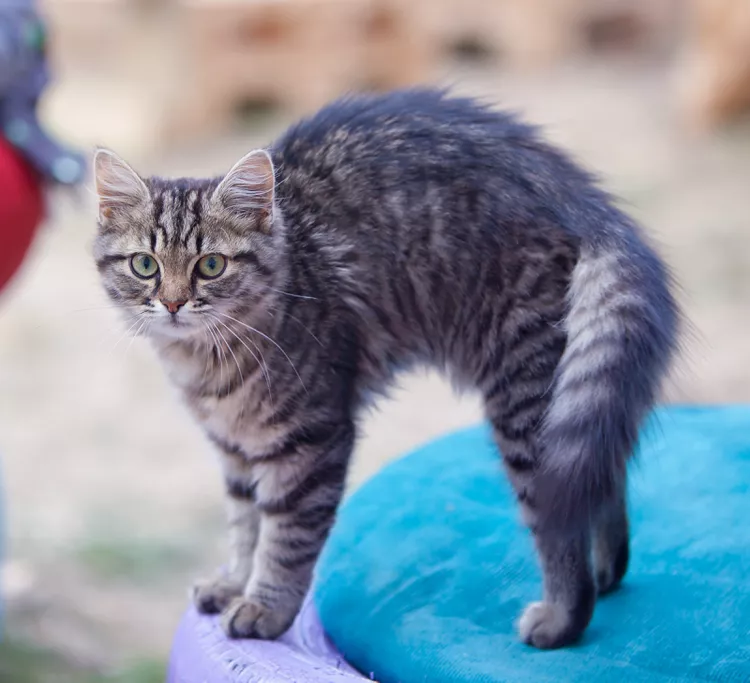
Feline Hyperesthesia Syndrome (FHS) in Cats
Rippling skin is more than dermal sensitivity in cats. It can be a sign of Feline Hyperesthesia Syndrome. Learn the causes, treatment, and prevention.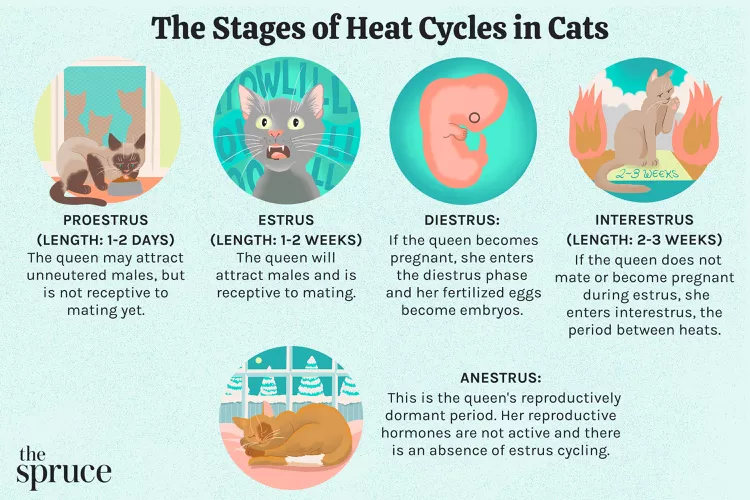
How Long Are Cats in Heat?
How long are cats in heat? Learn about the heat cycles of cats, also called estrus, as well as the reasons you should spay your cat.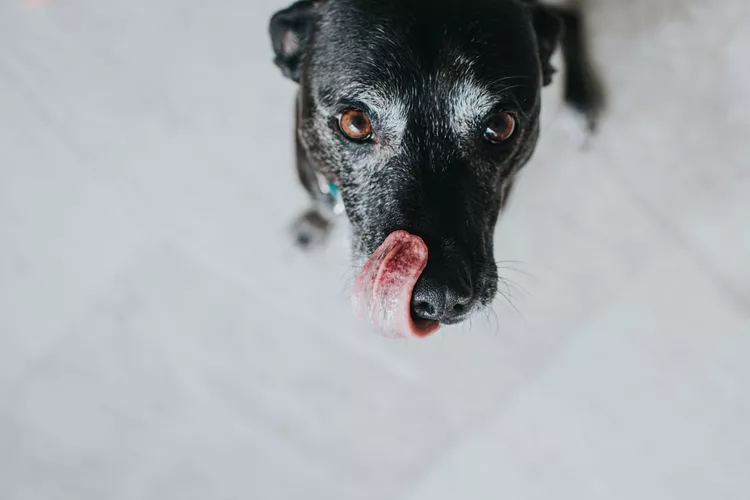
Can Dogs Eat Raw Chicken Feet?
What are the potential health benefits of chicken feet for dogs? What are the risks?
Is Eucalyptus Safe for Cats?
Many products containing eucalyptus are not safe for cats, and it is important to be aware of the risks to your cat.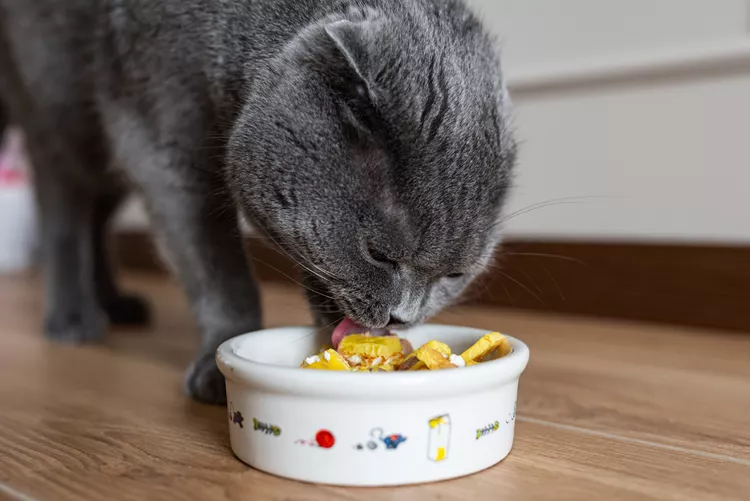
What You Need to Know About Homemade Cat Food
If you want to cook for your cat, make sure to read about the risks associated with homemade diets for cats
Can Cats Eat Peanut Butter?
Peanut butter is not toxic to cats, but it might not be the best choice of treat for them.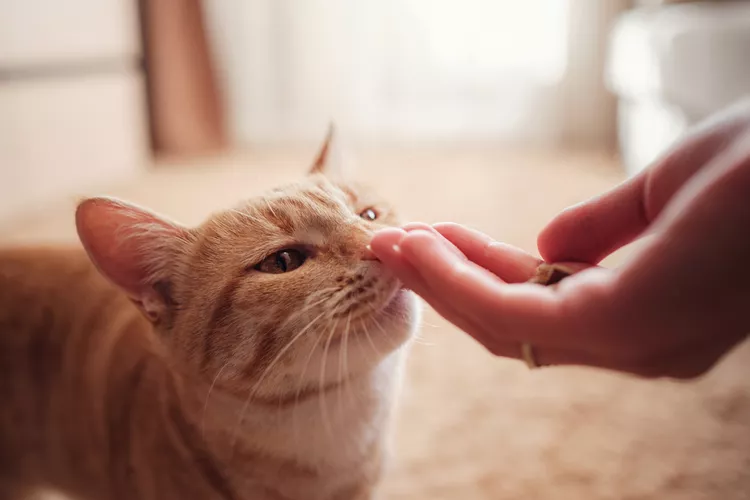
Can Cats Eat Cheese?
Can cats eat cheese? Is it healthy for them? How much can they eat and what should you do if you fear your cat has eaten too much cheese?
8 Flat-Faced Cats with the Cutest Smooshed Faces
These flat-faced cat breeds have a distinct and adorable appearance. Learn about their origins and traits, and the potential health risks tied to their unique facial structures.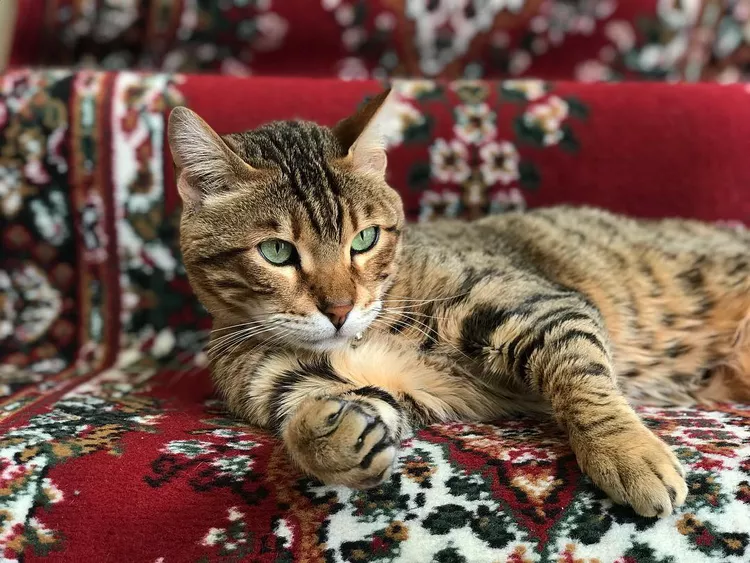
Pictures and Facts About Bengal Cats and Kittens
Bengal cats are a cross between wild cats and domestic cats. Learn more about what they look like and pictures of this beautiful spotted breed.
Top 10 Big House Cats
Larger cat breeds, like Maine coons and savannahs, deserve just as much love as their petite counterparts. These big house cats tip the scales.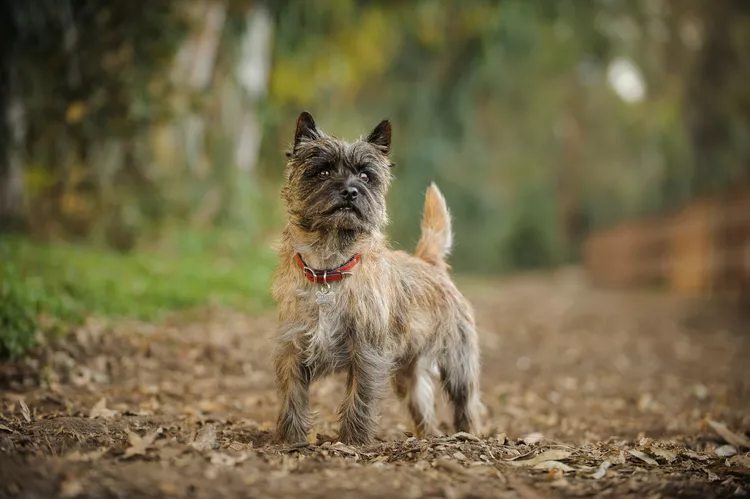
Cairn Terrier: Dog Breed Characteristics & Care
The cairn terrier is a spunky, affectionate, and intelligent dog from Scotland. The breed became famous when one played Toto in The Wizard of Oz. Learn about the temperament, history, health, and care needs of the cairn terrier dog breed.
Reasons Why Dogs Grind Their Teeth
Some dogs grind their teeth. Learn why dogs grind their teeth and if it can be harmful. Find out what to do about teeth grinding in dogs.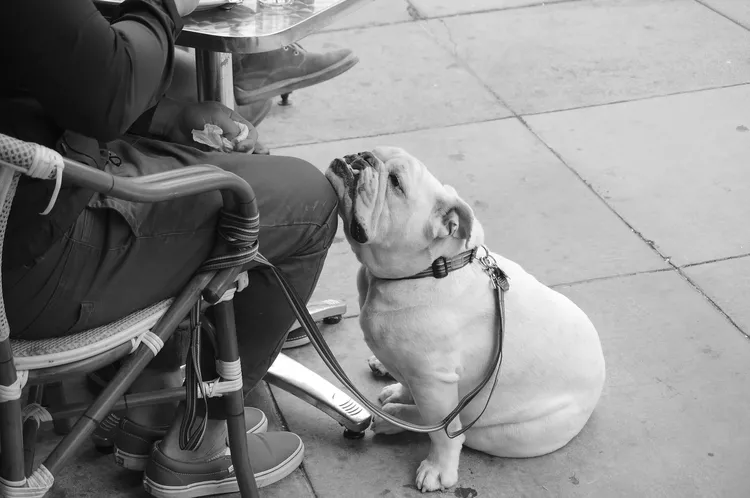
This Is Why Some Dogs Lean on People
Certain dogs really love leaning on their humans. What does this mean? Find out why dogs lean on people and if this is ever a problem.
Can Dogs Get Depression? How to Help Your Sad Dog
Can dogs get depression? Learn about the signs of depression in dogs and find out how to help your sad dog.